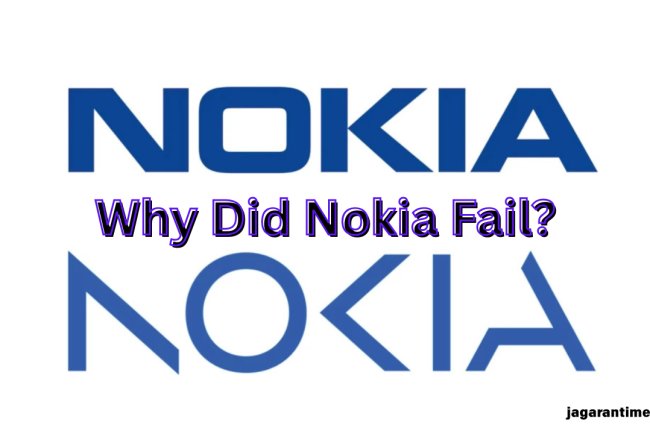Smaller Than a Grain of Rice, Faster Than Lightning! China Unveils Next-Gen Micro Hard Drive
China has unveiled a revolutionary micro hard drive smaller than a grain of rice but faster than today’s SSDs. Discover how this breakthrough could transform smart devices, drones, and more.

In the ever-evolving world of technology, groundbreaking innovations surface every day. But when it comes to data storage, China has just unveiled something that could completely redefine the future. Chinese scientists have developed a micro hard drive that is no larger than a single grain of rice — yet its speed and capabilities surpass even today’s fastest solid-state drives (SSDs).
This cutting-edge invention isn’t just revolutionary for computers but holds potential applications in mobile devices, defense systems, space missions, and even medical implants. In this blog, we’ll explore what this tiny technological marvel is, how it works, its advantages, and how it’s poised to transform our digital world.
What is a Micro Hard Drive?
The micro hard drive is a compact storage device created using advanced nanotechnology and quantum memory systems. Its size is incredibly small — approximately 5mm long and 2mm wide, almost the same as a grain of rice. Despite its tiny form factor, this drive boasts astonishing performance.
This device doesn’t just store data efficiently — it can read and write at speeds up to 10 GB/s, making it 5 to 10 times faster than the best commercial SSDs available today.
Who Developed It?
This micro marvel is the result of years of research by a team of scientists from Tsinghua University in Shenzhen, China, under the Center for Advanced Storage Research. Work on this project began over four years ago, and in April 2025, the first working prototype was finally revealed.
The developers claim this new storage medium will reshape the future of data systems. It’s especially designed for use in IoT devices, smart wearables, drones, and miniature robotics.
Key Features of the Micro Hard Drive
- Ultra-Compact Size – Small enough to fit onto microchips or inside wearables without impacting design.
- High-Speed Data Transfer – With transfer speeds of up to 10 GB/s, it supports real-time processing and 8K video streaming with ease.
- Low Power Consumption – Designed to function efficiently on minimal power, ideal for battery-powered devices.
- Shock and Temperature Resistant – Built to survive extreme conditions, from -40°C to +85°C, making it highly durable.
- Nano-Scale Security – Integrated with quantum encryption, offering ultra-secure data protection against hacking and breaches.
How Will This Change the Future?
1. New Era for Smart Devices
The integration of these drives into IoT gadgets and smart home devices can revolutionize how data is stored and processed, bringing desktop-like capabilities to tiny wearables.
2. Boost for Drones & Robotics
Storage has always been a limitation in mini drones and robots. This breakthrough allows such devices to store and process much larger datasets in real-time, increasing their intelligence and autonomy.
3. Medical Implants Made Smarter
Devices like pacemakers, insulin pumps, and health monitors can now hold larger patient datasets, enabling real-time health tracking and remote diagnostics.
4. Military & Space Applications
With its compact size and rugged design, this micro drive is ideal for use in military equipment and space exploration, where every millimeter of space and milliwatt of power matters.
Will It Be Available to the Public?
As of now, this innovation is still in its testing phase. Mass production is expected to begin by 2026, and while initial costs may be high, prices are likely to drop as manufacturing scales up.
Tech experts believe that once this drive hits the consumer market, it will redefine how smartphones, laptops, and other electronics are designed and used.
This rice-grain-sized micro hard drive developed by China marks a giant leap in the world of storage technology. Despite its tiny size, its power, speed, and efficiency are monumental. As it enters the tech ecosystem, it promises to reshape how we store, transfer, and secure data — potentially impacting every sector from personal electronics to global defense.













